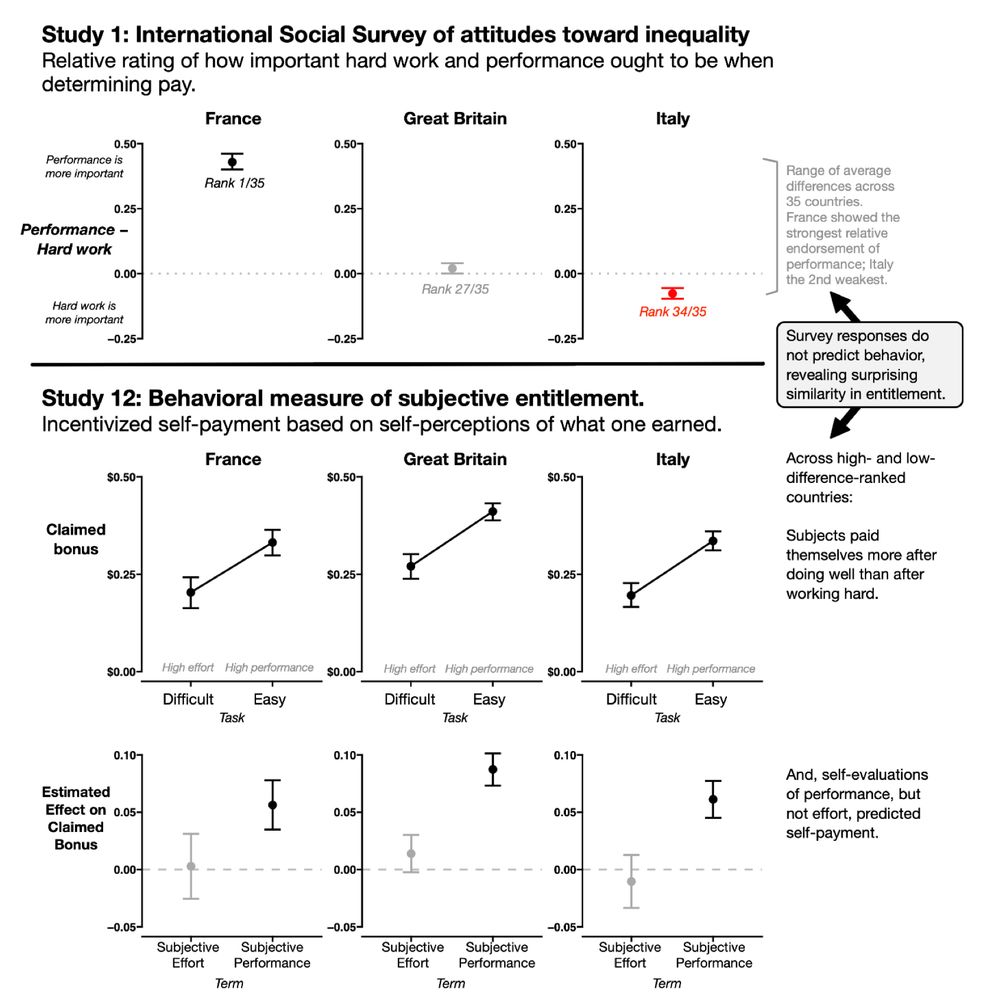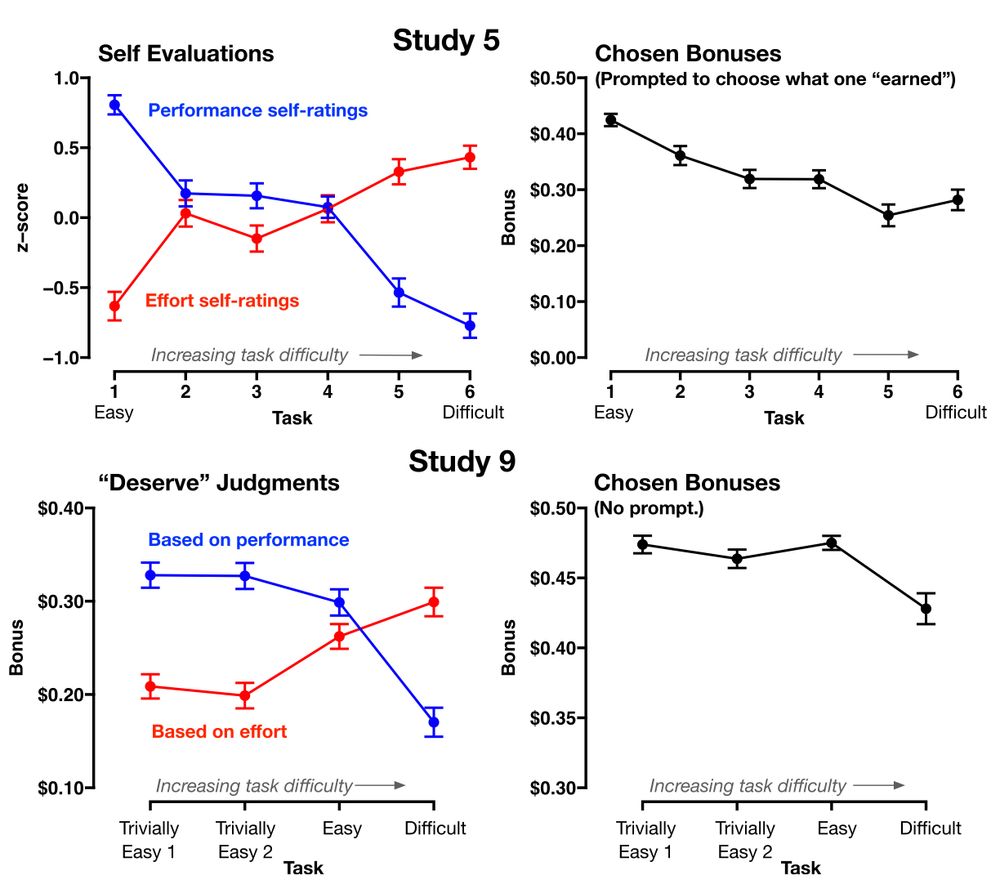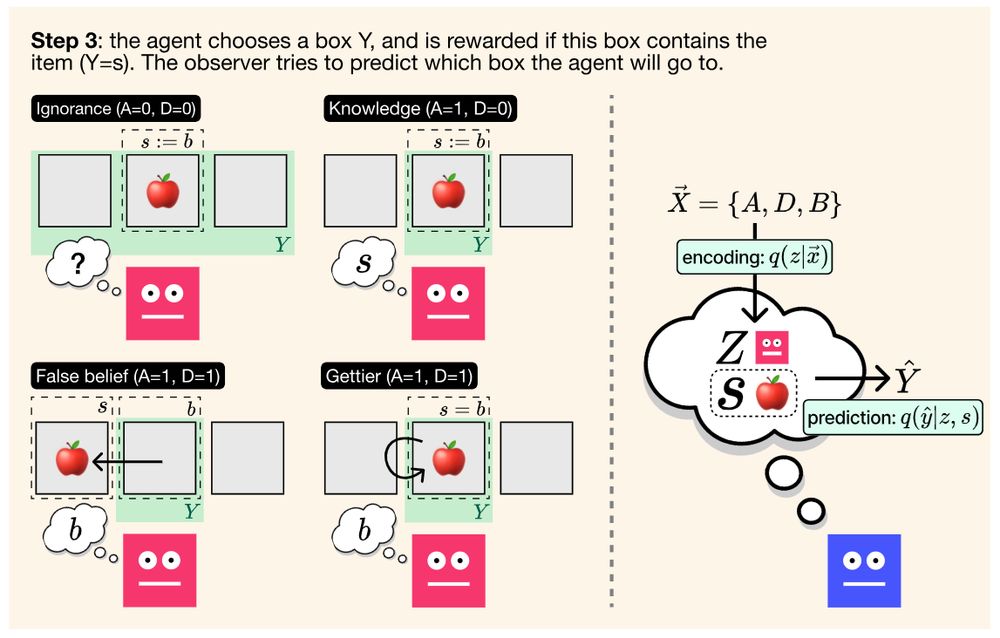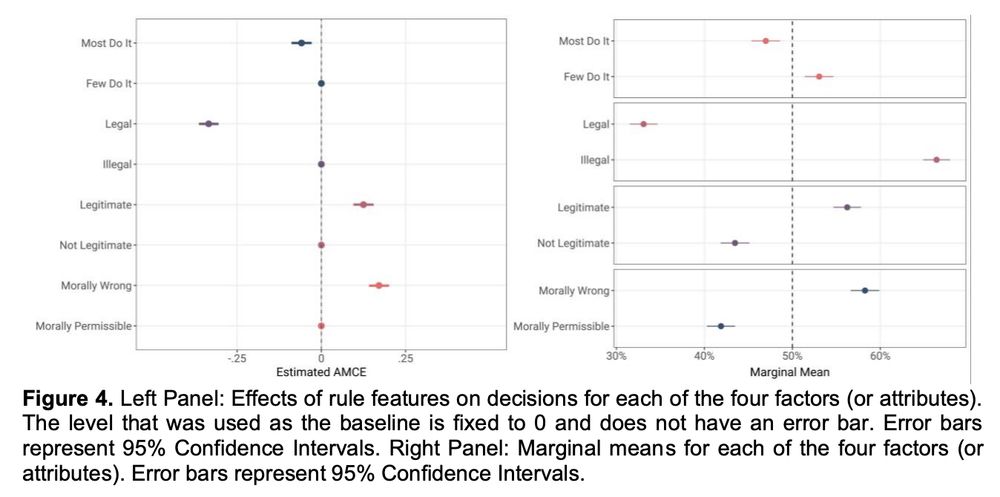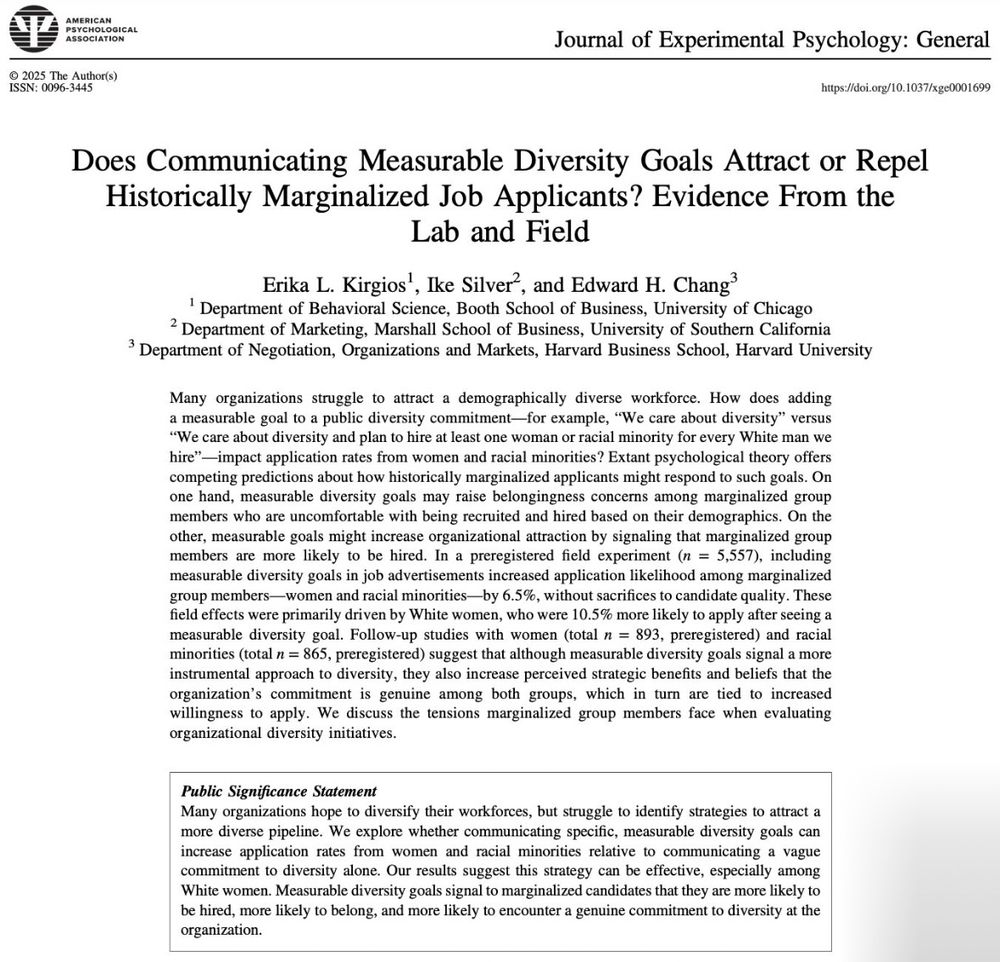Corey Cusimano
@cusimano.bsky.social
190 followers
200 following
10 posts
Assistant Professor of Marketing at Yale University.
I study how people think about thinking, and how people think about justice.
Website: www.coreycusimano.net
Posts
Media
Videos
Starter Packs
Reposted by Corey Cusimano
Reposted by Corey Cusimano
Corey Cusimano
@cusimano.bsky.social
· May 9
Corey Cusimano
@cusimano.bsky.social
· May 9
Corey Cusimano
@cusimano.bsky.social
· May 9
Corey Cusimano
@cusimano.bsky.social
· May 9
Corey Cusimano
@cusimano.bsky.social
· May 8
Reposted by Corey Cusimano
Reposted by Corey Cusimano
Reposted by Corey Cusimano
Reposted by Corey Cusimano
Tania Lombrozo
@tanialombrozo.bsky.social
· Feb 19
Microsabbaticals at Princeton Psychology
Microsabbaticals at Princeton Psychology provide a several-week-long visit to our department for early-career faculty from groups that are historically under-represented in academia. The program focus...
psych.princeton.edu
Reposted by Corey Cusimano
Reposted by Corey Cusimano
Reposted by Corey Cusimano
Corey Cusimano
@cusimano.bsky.social
· Feb 8
Reposted by Corey Cusimano
Reposted by Corey Cusimano
Reposted by Corey Cusimano
Reposted by Corey Cusimano
Reposted by Corey Cusimano



